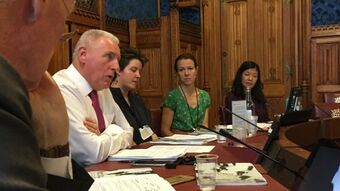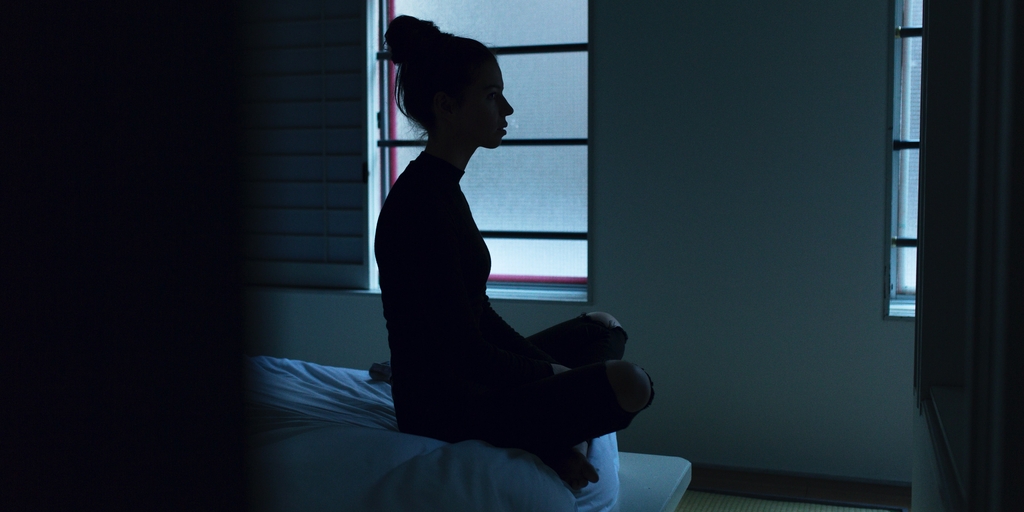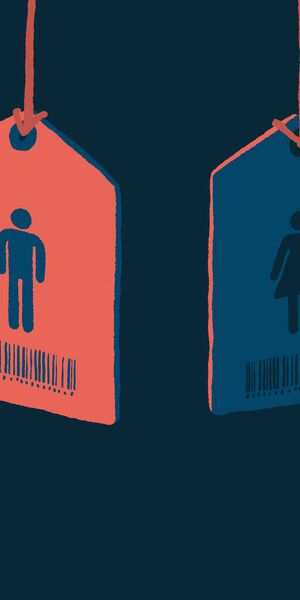No coherent plan to prevent trafficking says new charity report
Human Trafficking
A new report from the Anti-Trafficking Monitoring Group (ATMG) of charities has concluded that the UK lacks an overall strategy to prevent human trafficking which leads to an inconsistent and fragmented approach.
Lack of coordination
Measures to address human trafficking have been strengthened in the last five years including an increase in awareness raising activities and training for key professionals. But, there is no overall strategy on prevention of trafficking and a lack of coordination between different policy areas. This lack of coordination also means there are few efforts to address the underlying causes of trafficking and little scrutiny policies in other areas to assess whether they may contribute to individuals’ vulnerability to trafficking.
Challenges for criminal prosecutions
Increasing the chances of prosecution for offenders and strengthening the consequences when they are convicted is a key aspect to preventing modern slavery crimes. There has been an increase in prosecutions and use of civil orders to restrict traffickers’ activities in recent years, but the overall figures remain much lower than the number of victims being identified. The ATMG report found significant challenges in the criminal justice system including a lack of resources and poor coordination.
Importance of support for victims
The report emphasises the lack of data and follow up about what happens to victims after they leave the government-funded support programme. Without appropriate support victims are vulnerable to re-trafficking but many victims are not entitled to long term support in the UK nor is there a thorough risk assessment carried out before they are returned to their home country.
Parliamentary debate
Vernon Coaker MP welcomed the report’s launch in Parliament saying the UK’s approach to human trafficking and modern slavery was currently “at a crossroads” and that the report highlights “serious challenges” that need to be addressed.
Responding to the report Lord McColl of Dulwich stressed that efforts to prevent trafficking, to prosecute offenders and protect victims were all connected. He highlighted that long term support for victims is central to prevention of re-trafficking and supporting prosecutions to prevent traffickers exploiting more people.
CARE's Senior Policy Officer for Human Trafficking Louise Gleich said:
“Prevention must be at the heart of efforts to reduce human trafficking. Without it the cycle will continue, and more and more people will suffer trauma and exploitation.
“Preventing re-trafficking by supporting victims on the road to a sustained recovery and a safe independent future is vital.
“Supporting victims is also integral to increasing the number of successful prosecutions. Without accommodation and ongoing support victims will not have the confidence to provide crucial evidence to police investigations.
“The Government should guarantee 12 months support beyond the NRM as the report recommends by adopting the Modern Slavery (Victim Support) Bill.”
 Click here to read the report in full
Click here to read the report in full
Find out more about the Modern Slavery (Victim Support) Bill on the freeforgood.org.uk website





Share story
No coherent plan to prevent trafficking says new charity report